The CIA operation aimed at degrading Afghanistan's opium crop was a key component of the U.S. strategy in the 20-year war in the country. According to a recent Washington Post report, the covert operation, which took place over a decade, was designed to weaken the country's poppy production, a significant source of revenue for the Taliban and other insurgent groups.
The operation, which involved the CIA working with Afghan forces and local farmers, focused on disrupting the opium supply chain, including the cultivation, processing, and transportation of the crop. The goal was to reduce the Taliban's access to funding, which is largely generated from the opium trade, and ultimately weaken their ability to wage war.
"We were trying to disrupt the Taliban's ability to finance their operations," said a former CIA official, who spoke on condition of anonymity. "The opium trade was a significant source of revenue for them, and by disrupting that, we hoped to weaken their ability to fight."
The operation was part of a broader U.S. strategy to counter the Taliban's influence in Afghanistan. The U.S. military intervention in the country began in 2001, following the 9/11 terrorist attacks, and continued for two decades. During this time, the U.S. and its allies made significant gains against the Taliban, but the group continued to maintain a strong presence in the country.
The opium trade has long been a significant issue in Afghanistan, with the country producing the majority of the world's opium. The crop is grown primarily in the southern and western regions of the country, where the Taliban has a strong presence. The U.S. and its allies have long sought to disrupt the opium trade, but the Taliban has consistently found ways to adapt and maintain its control over the industry.
The CIA operation was not without its challenges, however. The agency faced significant obstacles in disrupting the opium supply chain, including the need to work with local farmers and the risk of backlash from the Taliban. "It was a difficult operation to execute," said the former CIA official. "We had to work with local farmers, who were often reluctant to cooperate with us, and we had to be careful not to alienate them."
Despite these challenges, the operation was seen as a key component of the U.S. strategy in Afghanistan. "The opium trade was a significant source of revenue for the Taliban, and by disrupting that, we hoped to weaken their ability to fight," said a U.S. official, who spoke on condition of anonymity. "It was a critical part of our overall strategy to counter the Taliban's influence in the country."
The operation's impact is still being assessed, but experts say that it may have had a significant impact on the Taliban's ability to wage war. "The opium trade was a significant source of revenue for the Taliban, and by disrupting that, we may have weakened their ability to fight," said a former U.S. official, who spoke on condition of anonymity. "It's too early to tell, but it's possible that the operation may have had a significant impact on the Taliban's ability to wage war."
The U.S. withdrawal from Afghanistan in 2021 marked the end of the 20-year war in the country. However, the legacy of the conflict continues to be felt, and the opium trade remains a significant issue in the country. The Taliban has continued to maintain its control over the industry, and the U.S. and its allies continue to work to disrupt the opium supply chain.
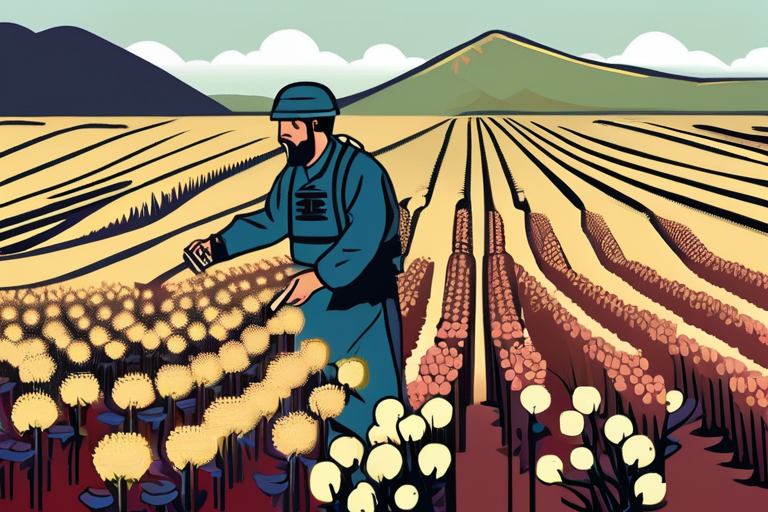


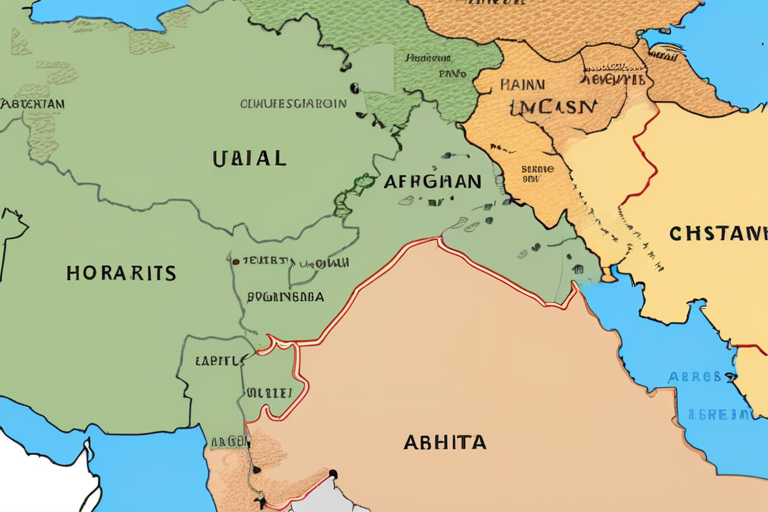



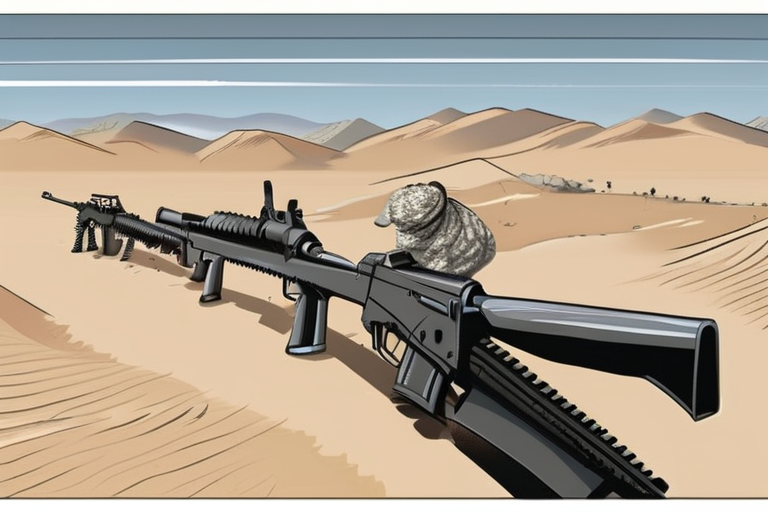







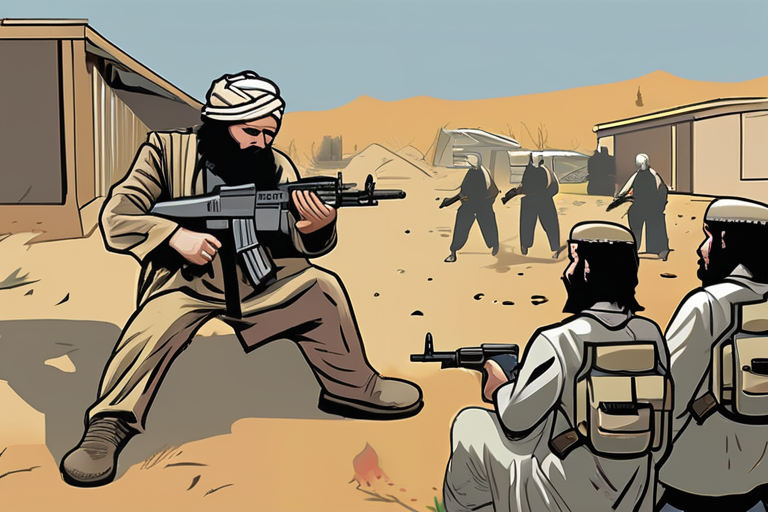








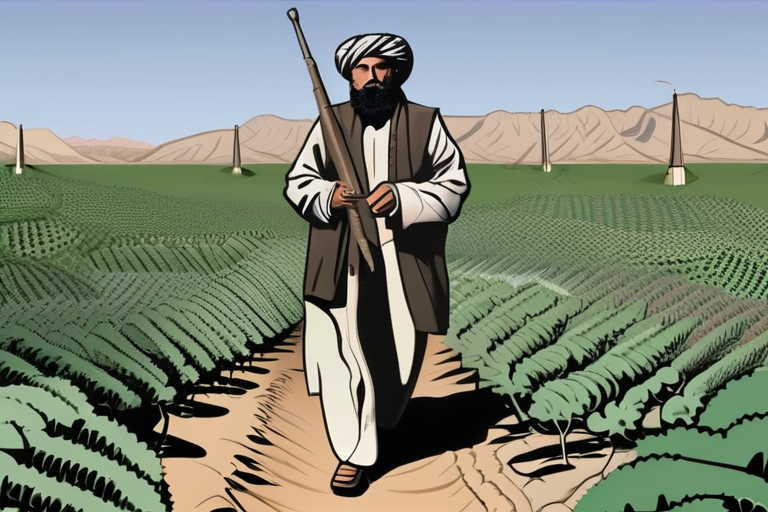


Share & Engage Share
Share this article